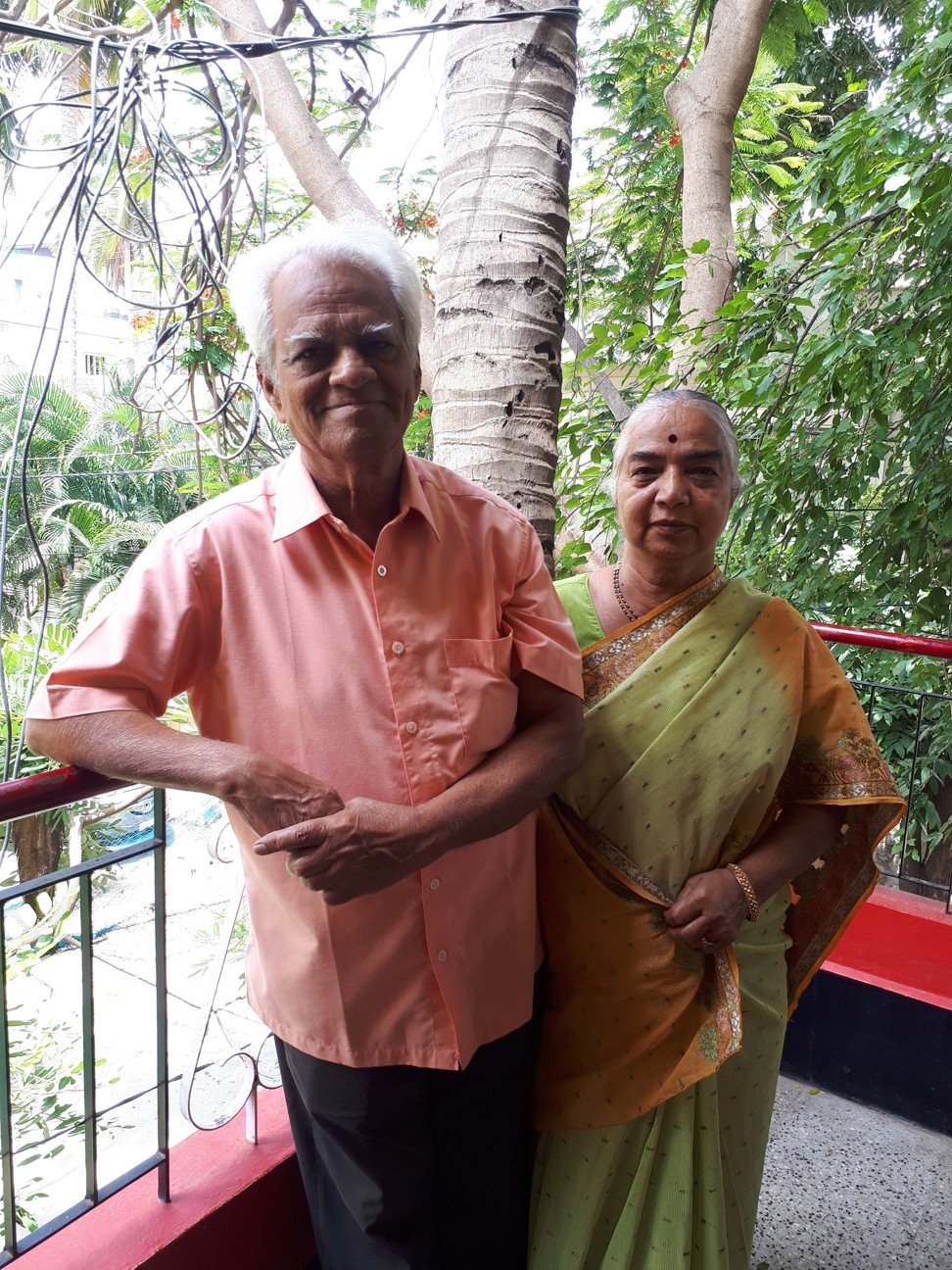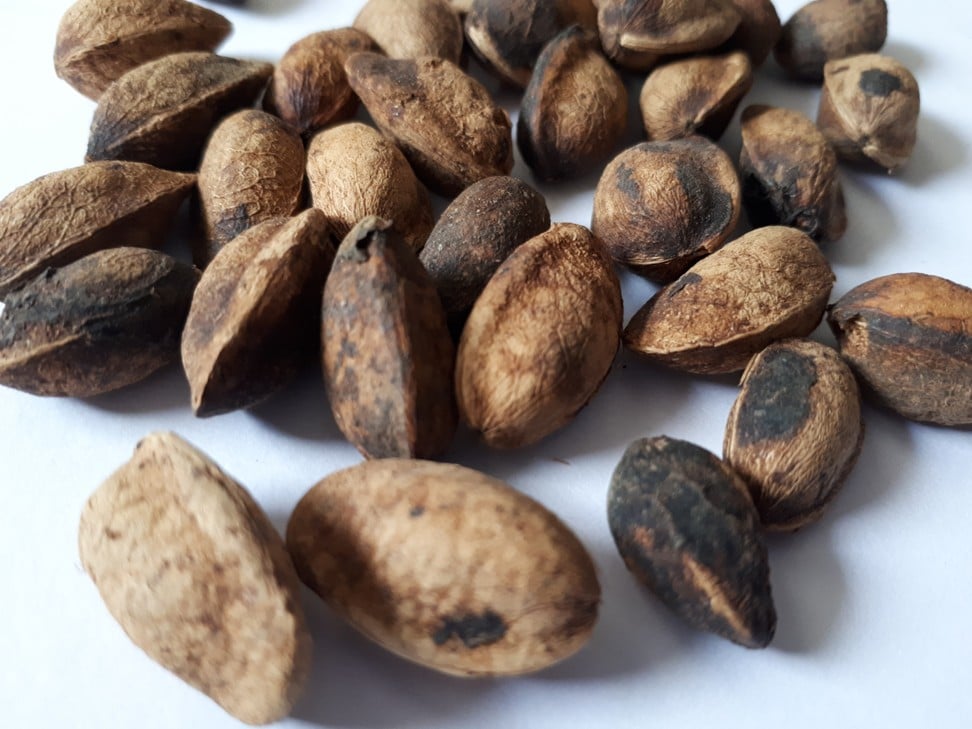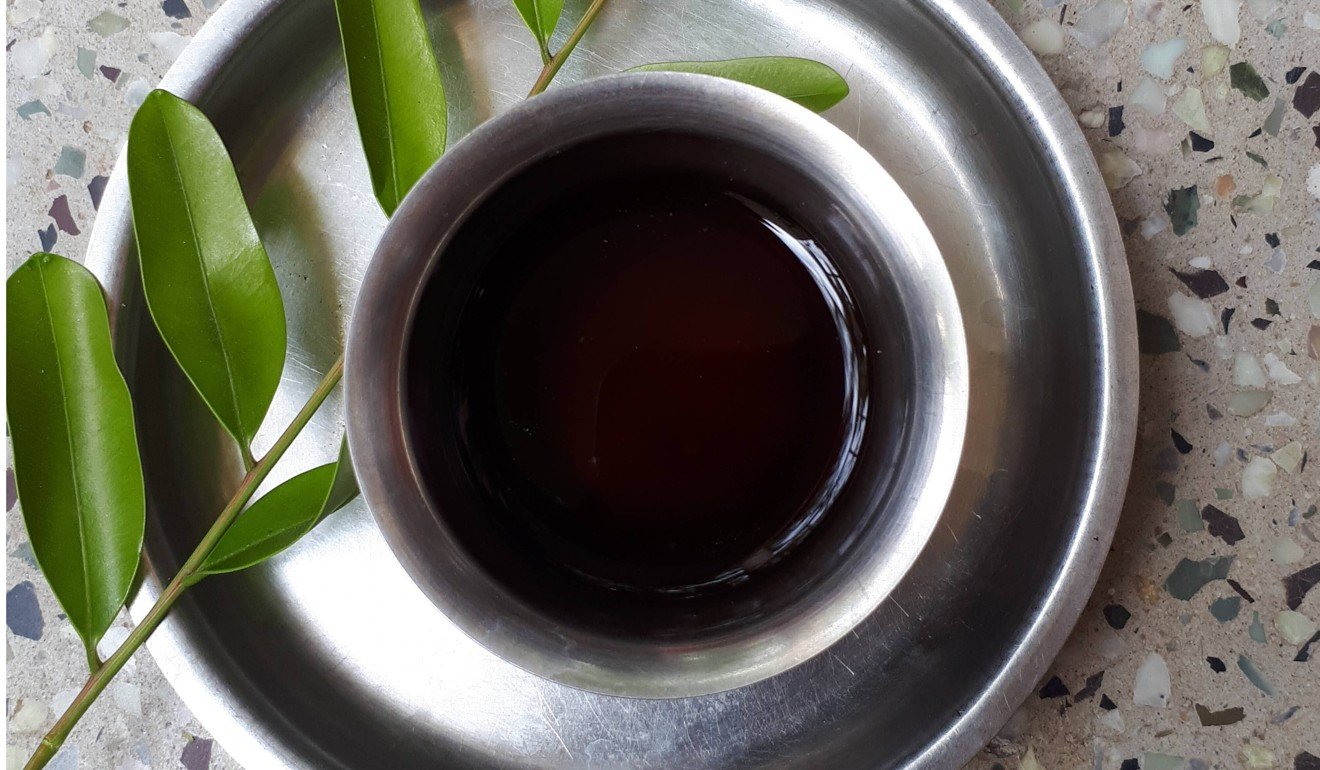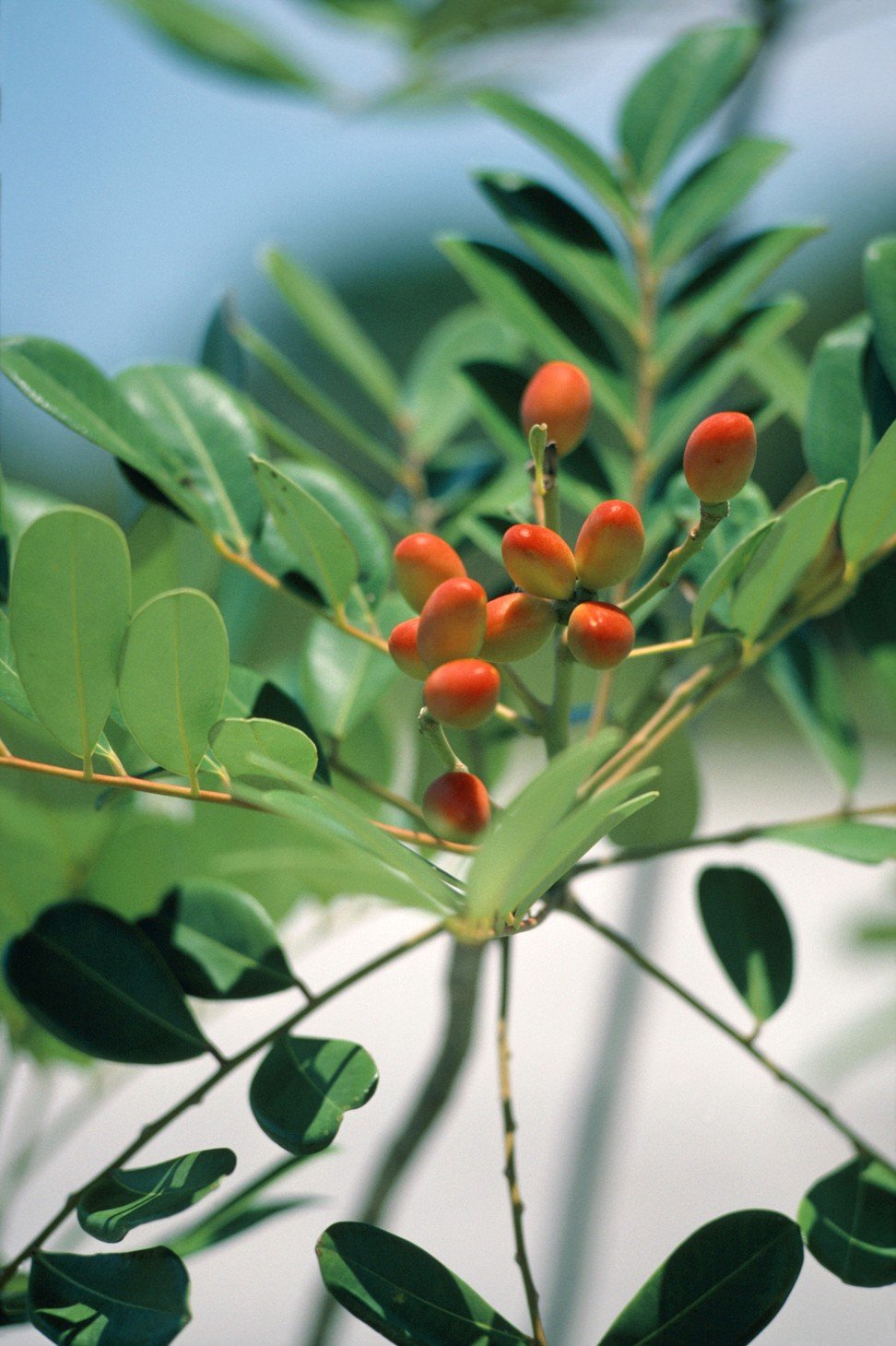
In 1986, when the Karnataka government handed a husband-and-wife team of botanists four seeds from the Simarouba glauca tree – also known as the paradise tree – they were told to research its ability to produce biofuel and edible oil, and how it might reclaim wasteland in the Indian state. Three decades on, the paradise tree is providing all that and more – including bringing comfort to cancer patients battling the side effects of chemotherapy.
“We refer to this tree as Mother Simarouba,” says Dr Shyamsundar Joshi, 78, who took on the research with his wife, Shantha. “We believe it can help cure viral, bacterial, as well as protozoal diseases … [It also] acts as a powerful antibiotic, without side effects.”
The paradise tree is native to South America. For years, its leaves and bark have been used to treat dysentery (it is also known as dysentery bark), fevers, malaria, skin sores, internal bleeding and anaemia in the Guyana rainforest, Cuba, Brazil and other countries.
The Joshis sowed the seeds at Bangalore’s University of Agricultural Sciences, where they were professors, on its Gandhi Krishi Vignana Kendra campus.

They studied the plants, conducting tests on the seeds and oils from its fruits. They confirmed that the paradise tree had medicinal properties, and that is was environmentally and economically viable to develop. They planted more seeds, and today, the once barren 10-acre campus is flush with more than 2,000 trees.
Paradise trees are reclaiming wastelands in other parts of Bangalore and Karnataka state, and the Joshis are working with farmers in the Indian states of Andhra Pradesh and Maharashtra to grow the tree in barren agricultural lands there.

A raft of research studies have screened the paradise tree for its anti-diabetic, antioxidant, antimicrobial and anti-inflammatory activity.
More recent studies have zeroed in on its potential to aid in battling cancer. A 2017 study at the University of Benin in Nigeria, published in the Journal of Medicinal Plants, found that the bark of the paradise tree has significant antioxidant potency that may prevent or slow cell damage from harmful molecules known as free radicals.
The Joshis, now retired as professors, believe the paradise tree to be a good preventive, curative and palliative remedy, useful in the treatment of a range of diseases including gum ulcers, menstrual problems, liver, lung and spleen disorders, rheumatoid arthritis, and potentially cancer in the initial stages.
“It helps ease the pain and side effects from chemotherapy in cancer patients, and makes them less nauseous, improving appetite and stamina,” Shyamsundar Joshi says.
How the paradise tree is farmed and its medicinal properties:

The Joshi’s house is surrounded by paradise trees and saplings, and the consulting rooms are lined with packets of paradise tree tea powder, and dried leaves, bark and seeds.
Every afternoon, for nearly three decades, the couple has been offering free paradise tree tea to their visitors – mostly patients, with their families and friends – before sitting down with them to discuss their problems and arriving at a remedy, based on their age, weight and health issues.
There’s no one magic formula, Joshi says. However, he recommends a person weighing 60kg (132 pounds) to boil two teaspoons of the powder in 250ml (8.5 fluid ounces) of water for one minute in the evening, and allow it to steep overnight, like tea, then strain and drink it on an empty stomach in the morning for best results.
If taken regularly for a month, once every six months, Simarouba will help build immunity against several diseases – Shyamsundar Joshi
Joshi charges nothing for his consultations, only for the costs of labour involved in processing the extracts. This can be anything from 300 to 1,000 rupees (US$4 to US$15) per packet, depending on the patient’s needs.
“To some patients who have mouth ulcers, I prescribe to gargle with the Simarouba tea – about 50ml at a time – for one minute each time,” he says. “It helps relieve the pain from ulcers and it is great for overall oral hygiene, as well as gut health. Steam inhalation of the tea is also good for clearing out clogged nasal passages and trachea.”
Apart from these uses, “if taken regularly for a month, once every six months, Simarouba will help build immunity against several diseases,” he tells a curious visitor, sipping on the tea.

He advises another visitor to take the tea to help with menstrual problems. He hands them each a pack of paradise tree seeds, for free, with some parting words.
“Go and plant this in your garden, or your community, and the next generations will reap the benefits of this wonder tree.”
More research on the medicinal effects of the paradise tree
– In a 1944 study, The Merck Institute concluded that it was 91.8 per cent effective against amoebic dysentery, and studies over ensuing decades have also documented its ability to counter diarrhea-causing bacteria such as salmonella and shigella.
– A 2018 study published in the International Journal of Botany Studies by researchers at the Veer Narmad South Gujarat University examined the effects of leaf extract from the paradise tree on leukaemia cancer cells in a laboratory setting and found it inhibited their growth. “Phytochemicals present in leaves might have played a major role in anticancer activity. Hence leaves of Simarouba glauca can be recommended for cancer treatment especially for leukaemic cancers,” the authors concluded.
– Earlier this year, a review of dozens of studies of the paradise tree’s potential anticancer qualities concluded that “despite having potent anticancer properties, to date, no systematic research, using phytochemicals isolated from SG [Simarouba glauca], has been carried out to explore the molecular mechanisms leading to cancer cell death,” and called for future studies to learn more.







